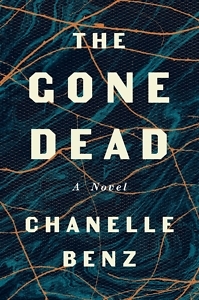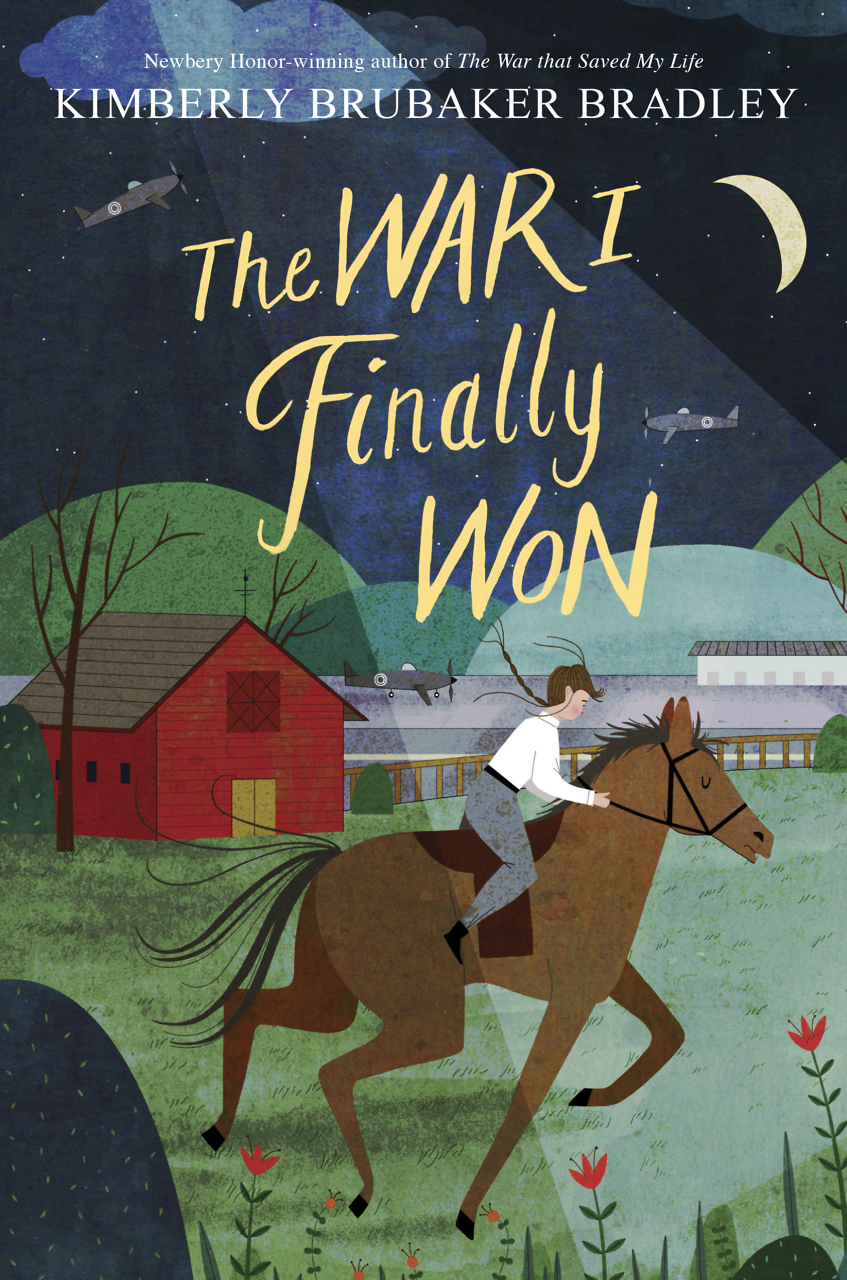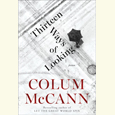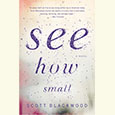High Water
The Gone Dead is a blues novel that’s out to summon ghosts
In Chanelle Benz’s debut novel The Gone Dead, Billie James arrives in the Mississippi Delta with a dog, a gun, and a key to the ramshackle house her father owned when he died 30 years earlier. She hasn’t set foot in the South since his death. As it turns out, her inheritance is a lot more complicated than an abandoned home.

Greendale, Mississippi, is small and insular; its black and white families can trace their lines back to the slavery era. Billie’s father was Cliff James, a brilliant black author and civil rights activist who died at age 33 in the woods behind his house. Billie was there, but she was four years old at the time and doesn’t remember a thing. When she seeks out her father’s friends, she learns something her mother, now dead, never told her: Billie went missing the night her father died. Her grandmother put Billie’s picture on the morning news.
You can easily read The Gone Dead in a weekend, and you likely will. It grabs hold early with truly compelling characters and a central mystery, and it sets off at a brisk pace. Benz tells the story through multiple points of view, altering the tone and style of the prose as we enter each character’s perspective. The point-of-view shifts reveal the town’s scars, and Billie acts as a bold — if unpredictable — anchor.
 Benz, who teaches at Rhodes College, dispenses with the regular signposts of Southern fiction — slamming screen doors, cicadas, sweet tea — in favor of refreshing, original imagery. Billie’s South is gritty, with “ancient, craggy men on bicycles wearing shrunken baseball caps.” The landscape is dotted with antique malls that double as bail bond companies and a Walmart that hosts a “flock of white women in pink camo.” Benz uses small details, keenly observed by Billie, to warn us that trouble is afoot. In one neighborhood, Billie sees a house with a homemade neon cross in the front yard that reminds Billie of an open casket.
Benz, who teaches at Rhodes College, dispenses with the regular signposts of Southern fiction — slamming screen doors, cicadas, sweet tea — in favor of refreshing, original imagery. Billie’s South is gritty, with “ancient, craggy men on bicycles wearing shrunken baseball caps.” The landscape is dotted with antique malls that double as bail bond companies and a Walmart that hosts a “flock of white women in pink camo.” Benz uses small details, keenly observed by Billie, to warn us that trouble is afoot. In one neighborhood, Billie sees a house with a homemade neon cross in the front yard that reminds Billie of an open casket.
When an unexpected discovery offers a small window into her father’s past, Billie squeezes right through, calling on the only Cliff James scholar, a man named Dr. Melvin Hurley, for advice. Other windows open. She meets Cliff’s childhood best friend, a white man with a handsome son. Cliff’s former girlfriend insists that his death wasn’t an accident. And Billie tries to pry loose any information she can from Cliff’s little brother, her impenetrable Uncle Dee. The more she learns about Cliff James, the more the Delta becomes a threatening place for a black woman who’s intent on summoning ghosts.
The Gone Dead is above all a blues novel. Even the protagonist’s name — Billie James — reminds us of the blues. But it’s also an arresting whodunit, a portrait of an American family, and a Southern narrative that won’t let the past go. We might prefer to look away from the past, to see ourselves as phoenixes rising from ash to create a better world. For Billie, who grew up in the North and came south at age 34, it might be easy to disown the pain of history. Dr. Melvin Hurley tells her that were it not for the Army Corps of Engineers, the Mississippi River would merge with the Atchafalaya, flooding Greendale — “The desire to change,” he says, “is uniquely expressed in this landscape.” Billie doesn’t turn her back on what she finds in the past. Instead, she has the courage to let the water rise up to her thighs.
Erica Ciccarone is the culture editor of the Nashville Scene. She holds an M.F.A. from The New School and is writing a novel.


